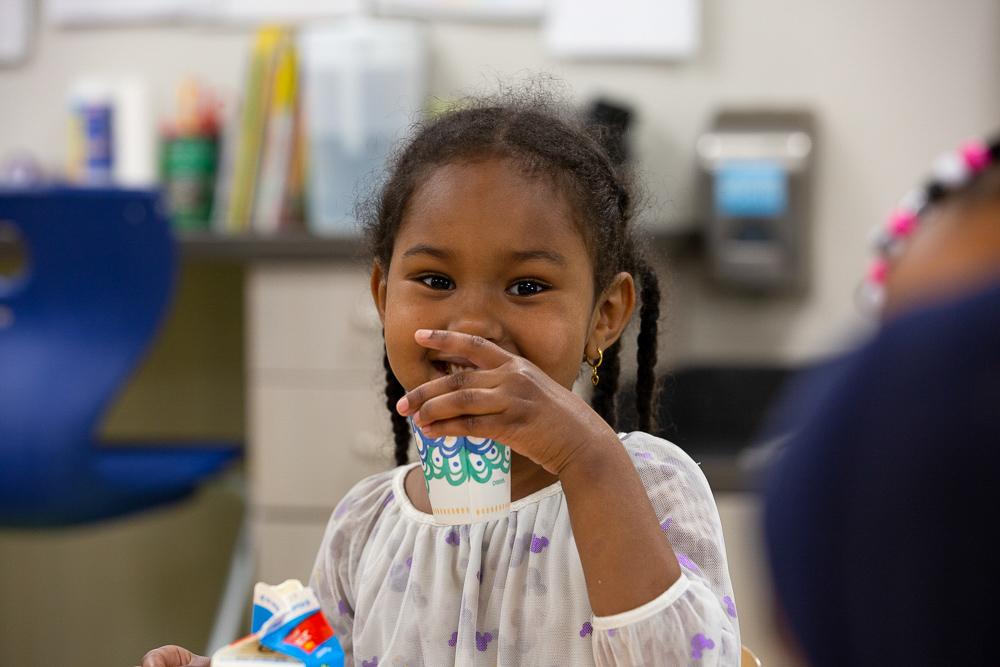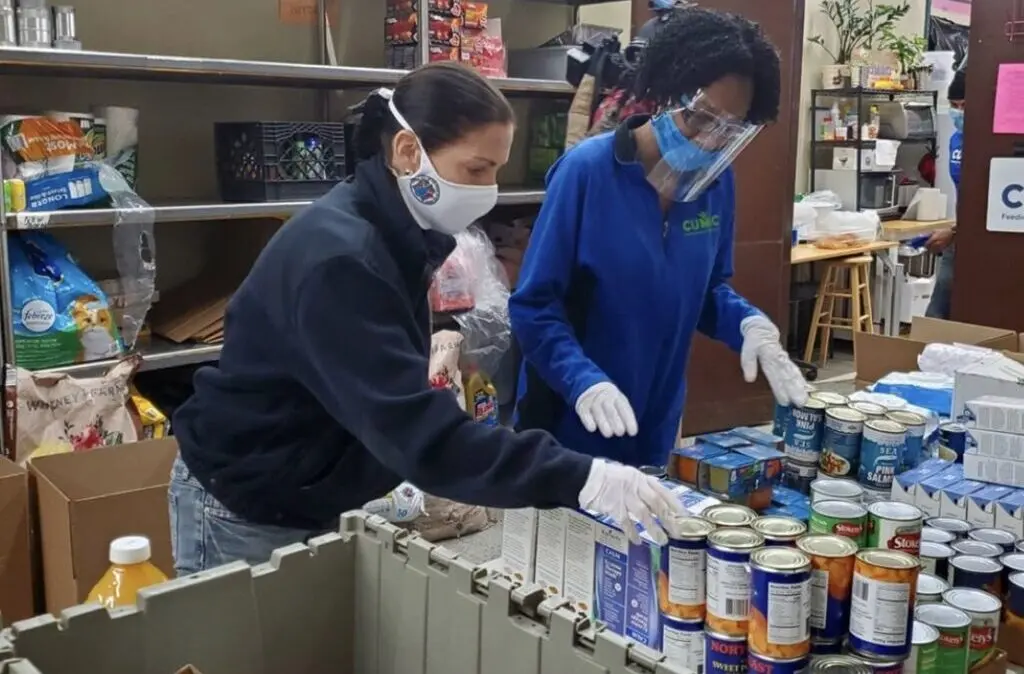Explore State Data
New Jersey
In New Jersey, 17.9% of youth ages 6 to 17 have obesity, giving New Jersey a ranking of 11 among the 50 states and D.C. This page includes New Jersey data in four areas: the latest data on obesity, diabetes, and hypertension; how federal nutrition policies impact New Jersey; health behaviors and outcomes among high school students; and policies enacted by New Jersey to support health and prevent obesity.

Rates, Ranks, and Trends
Several federal datasets provide the latest health information for children, adolescents, and adults. Below are the current obesity rates among various age groups, the diabetes and hypertension rates for adults, rankings among all states, and trends over time.
Childhood Nutrition Data
National programs and policies can make it easier for children to access healthier foods and beverages. The number of children participating in each of these programs varies from state to state. See participation numbers and rates below, or visit the full interactive feature.
Supplemental Nutrition Assistance Program (SNAP)
830,000
New Jersey SNAP: Number of people eligible in SNAP in FY 2020* Because the Coronavirus COVID-19 public health emergency affected data collection starting in March 2020, this summary covers only the pre-pandemic period of October 2019 through February 2020.
72% SNAP: Percentage of elgible people who participated in FY 2020*.
Supplemental Nutrition Assistance Program (SNAP) -- Children
283,000
New Jersey SNAP Participation: Number Children in SNAP in FY 2020* Because the Coronavirus COVID-19 public health emergency affected data collection starting in March 2020, this summary covers only the pre-pandemic period of October 2019 through February 2020.
41.90% SNAP Participation: Percent Children in FY 2020* Because the Coronavirus COVID-19 public health emergency affected data collection starting in March 2020, this summary covers only the pre-pandemic period of October 2019 through February 2020.
Supplemental Nutrition Assistance Program (SNAP) - White
59.20%
New Jersey SNAP Participation: White SNAP-White head of household in FY 2020* Because the Coronavirus COVID-19 public health emergency affected data collection starting in March 2020, this summary covers only the pre-pandemic period of October 2019 through February 2020.
Supplemental Nutrition Assistance Program (SNAP) - African-American
25.00%
New Jersey SNAP Participation: African American SNAP-African-American head of household in FY 2020* Because the Coronavirus COVID-19 public health emergency affected data collection starting in March 2020, this summary covers only the pre-pandemic period of October 2019 through February 2020.
Supplemental Nutrition Assistance Program (SNAP) - Hispanic
3.20%
New Jersey SNAP Participation: Hispanic SNAP-Hispanic head of household in FY 2020* Because the Coronavirus COVID-19 public health emergency affected data collection starting in March 2020, this summary covers only the pre-pandemic period of October 2019 through February 2020.
Summer Food Service Program (SFSP)
95,627
New Jersey Summer Food Service Program: Average Daily Attendance SFSP in FY 2023.
Head Start
14,817
New Jersey Head Start - total number of funded slots in Head Start in FY 2023.
35% Head Start - percentage of eligibile children ages 3-5 who had access to a slot in 2020.
Women, Infants, and Children (WIC)
162,829
New Jersey Women, Infants, and Children Program: Total Participation in WIC in FY 2023.
52.8% Women, Infants, and Children Program: Coverage Rates in 2020.
Child and Adult Care Food Program (CACFP)
90,285
New Jersey Child and Adult Care Food Prgram: Average Daily Attendance in CACFP in FY 2023 Preliminary.
39,637,764 Child and Adult Care Food Program: Total Meals Served in FY 2023 Preliminary.
National School Lunch Program (NSLP)
36.10%
New Jersey Percentage of public school students eligible for free or reduced-price lunch in NSLP in 2022-2023.
38.2% Percentage of students eligible for free/reduced-price lunch in 2019-2020.
Food Insecurity (CFI)
13.20%
New Jersey Rate of Food Insecurity among Child (<18 years) Population in the United States in CFI in 2022.
High Schooler Health Data
The Youth Risk Behavior Surveillance System (YRBSS) surveys high school students to better understand a variety of health issues and behaviors. This feature includes data related to obesity, nutrition, and physical activity.
Visit full interactive with data on nutrition behaviors among high school students
Visit full interactive with data on physical activity behaviors among high school students

